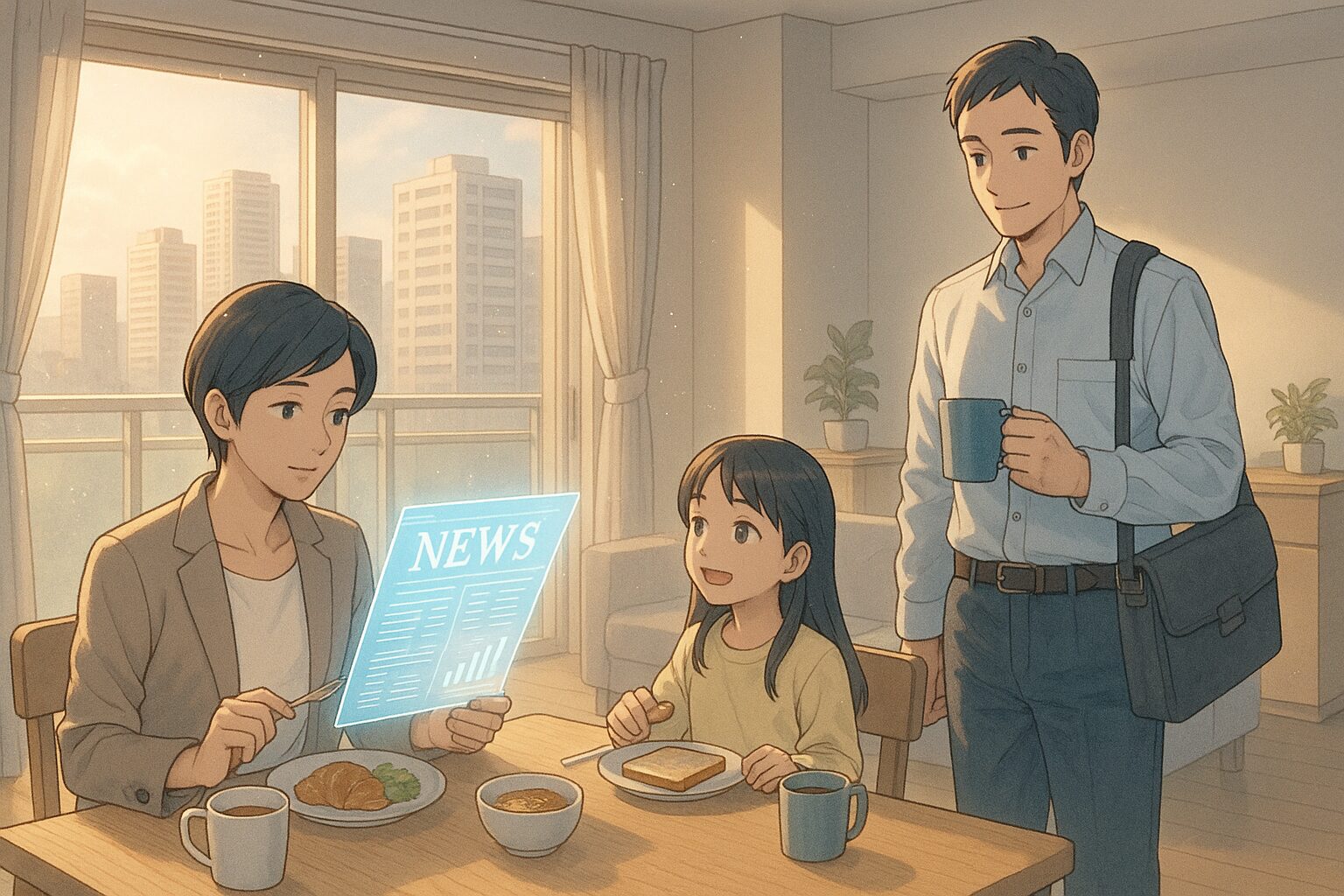The era has arrived where changes in the Earth’s environment impact our minds. Recent news reports have indicated an increase in environmental anxiety, commonly referred to as ‘eco-anxiety.’ If this trend continues, how might our future change? I would like to think together with you about the possibilities.
Today’s News: What Is Happening?
Source:
https://www.psychologytoday.com/us/blog/nature-is-nurture/202207/eco-anxiety-is-the-new-normal
Summary:
- Eco-anxiety refers to an increasing mental unease regarding environmental issues.
- This anxiety is particularly pronounced among the younger generation and those actively engaged in environmental issues.
- Therapists and counselors are exploring ways to address this new form of anxiety.
Changes in the Times
1. Adult Perspective
The rise in eco-anxiety stems from uncertainties brought about by climate change and a sense of crisis regarding the degradation of the Earth’s environment. This is influenced by the transition to sustainable energy and delays in environmental policies. As society is called to act swiftly, individual actions are being questioned.
2. Child Perspective
Children have increased opportunities to learn about environmental issues through school classes and media. This can lead to concerns about their future and affect daily choices (for example, the choice not to use plastic).
3. Parent Perspective
For parents, the challenge is how to address the eco-anxiety their children experience. While teaching children about environmental issues, they must also consider how to take actions together that instill hope. Rather than waiting for societal change, starting small actions at home can be one approach.
If This Continues, What Will the Future Look Like?
Hypothesis 1 (Neutral): A Future Where Eco-Anxiety Is Normal
Eco-anxiety may become common and establish itself as a specialty area for therapists. Individuals will confront their anxieties, leading to a renewed recognition of the importance of mental health. As a value, consideration for the environment will become part of daily life, questioning the balance between individuals and society in this era.
Hypothesis 2 (Optimistic): A Future Where Eco-Anxiety Thrives
Eco-anxiety may accelerate sustainable technologies and energy transformations. The younger generation will demonstrate leadership, leading to the emergence of new businesses and communities. Values will revolve around coexistence and cooperation, fostering global collaboration.
Hypothesis 3 (Pessimistic): A Future Where Eco-Anxiety Is Lost
If eco-anxiety continues to be ignored, indifference to environmental issues may spread, leading to a deterioration of individual mental health. This could trigger social anxiety and further delays in environmental measures. As a value, short-term profits may take precedence, and sustainability could be postponed.
Questions to Discuss at Home (Tips for Parent-Child Dialogue)
| Example Questions | Aim |
|—|—|
| “If eco-anxiety became more familiar, what rules would you want to create?” | Choice of actions / Rule-making |
| “If you were to convey eco-anxiety to friends who don’t know about it, what words or drawings would you use?” | Collaborative learning / Communication |
| “If there is someone struggling with eco-anxiety, how can our community help?” | Consideration of social participation / Empathy |
Conclusion: Preparing for the Future in 10 Years, Choosing Today
What kind of future have you envisioned? How do you perceive eco-anxiety, and what actions do you want to take? Please share your thoughts on social media or in the comments. Our small voices may take the first step in changing the future.


